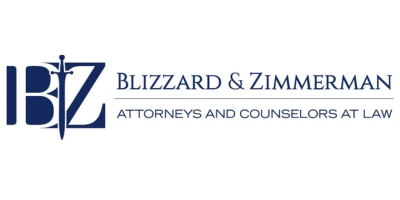Ineffective assistance of counsel as it pertains to your trial attorney’s advice on parole eligibility is a very important topic in the field of post-conviction relief.
So today, so I’m writing about it and how this ground may be able to help your case.
As you may know, there are different parole eligibility options for different cases. You may have a situation where standard parole eligibility is going to be when your good time plus your actual time equals 1/4 of your sentence. In practical terms that means you could be released when you serve 1/8 of your sentence.
This means that whenever you’re looking at an aggravated case it would be something that requires halftime parole eligibility. Murder, sexual assault, or multiple other aggravated cases apply here.
If your attorney said that if you plead guilty you’re going to be parole eligible at 1/8 of your sentence or 1/4 of your sentence, then you get to prison, and turns out you have to serve half of your time, that would qualify as ineffective assistance of counsel.
However, you have to remember that when you make an 11.07 application you have asserted that ground in your application. You have to tell the court that the results of your pleading guilty would have been different.
If you just would have pled guilty anyway because the evidence was overwhelming or you stood no chance, then the court is likely going to find that the ground you asserted really didn’t make a difference.
You have to say effectively in your affidavit that you would have gone to trial but for the ineffective assistance of counsel on the bad parole advice. You would have to say had you known the parole was really halftime you would have taken it to trial.
Related Link:
Texs Board of Pardons and Parole
There’s a number of other situations that can qualify for this besides the aggravated offenses or some flat time cases: continuous sexual abuse of a child, drug-free zone cases, and posts flat times. There are a number of things that impose flat times or raise the minimums on cases and the parole eligibility can be confusing in that area.
Many times where we see ineffective assistance of counsel is bad advice on drug-free zone cases.
If you have a drug-free zone case, went to prison and you realized the prison told you your release date was something far later than your attorney told you then you probably received ineffective assistance of counsel from that bad parole advice.
It can happen in reverse as well. Suppose your attorney advised you that what you were being charged with was an aggravated offense where you were going to have to serve half of the time before you got parole.
Then because he gave you that advice you decided to take the case to trial instead of entering the plea bargain that was offered to you. The plea bargain would have actually given you a 1/8 time credit but you took the bad advice, went there for the trial and you got much more time than you would’ve gotten if you would have taken the plea bargain. Just keep that in mind as you move forward on your case.
Related Link:
About The Attorney

Jacob Blizzard is board certified in both criminal law and criminal appellate law.
He regularly practices in the areas of state and federal criminal defense, criminal appeals, post conviction writs of habeas corpus.
In Texas, there are more than 100,000 attorneys licensed to practice, but only 7,450 are board certified.
In the entire State of Texas, as of the 2019 certification year, there were only 87 attorneys board certified in both criminal law and criminal appellate law, making Mr. Blizzard one of 0.087% of attorneys in Texas to hold both of those certifications.

